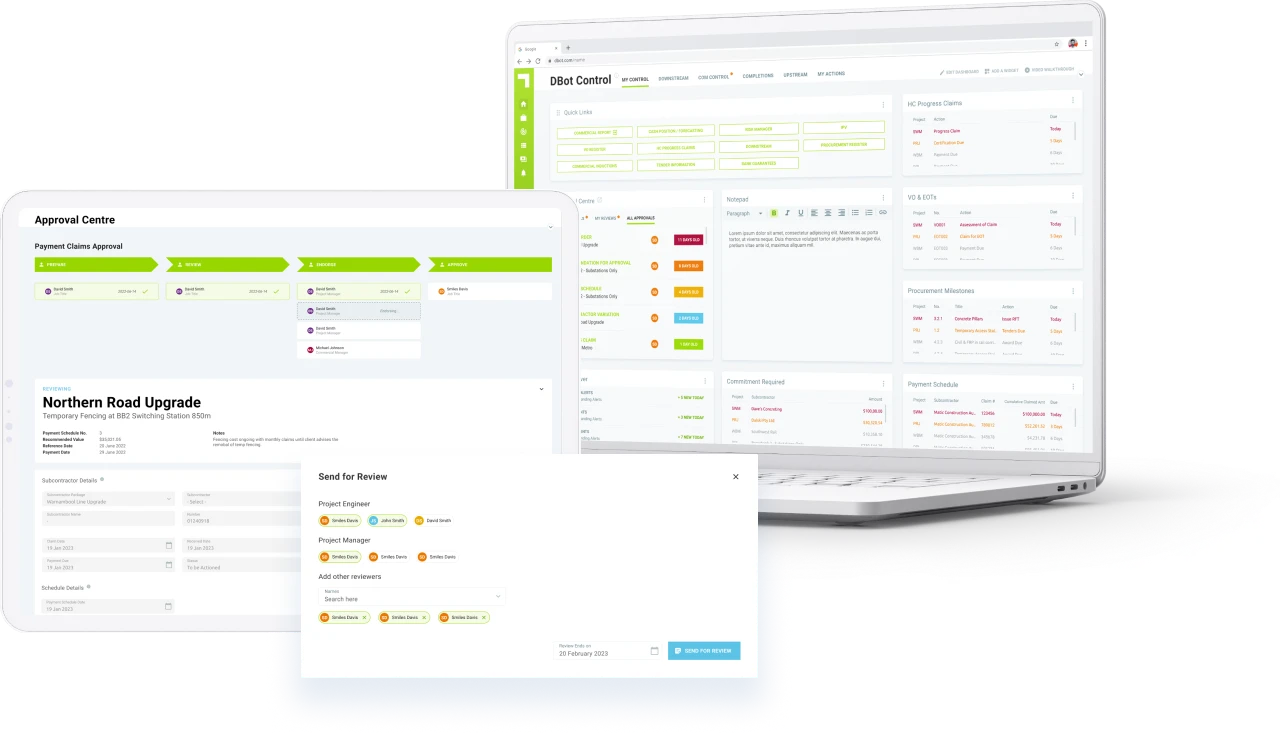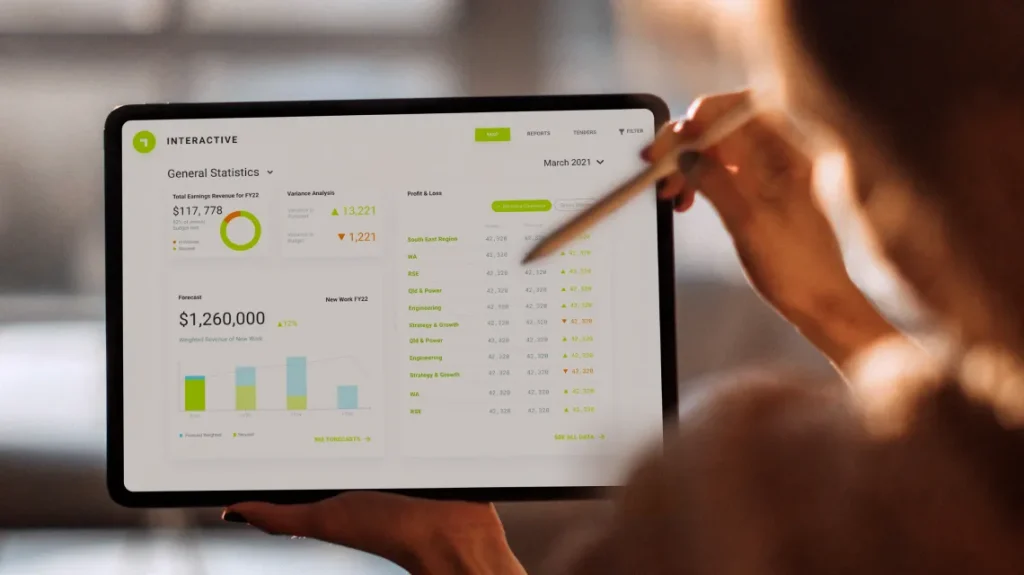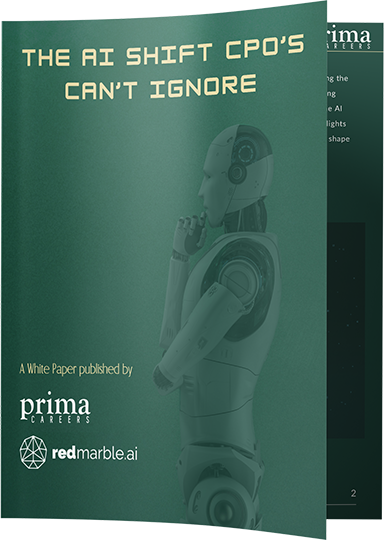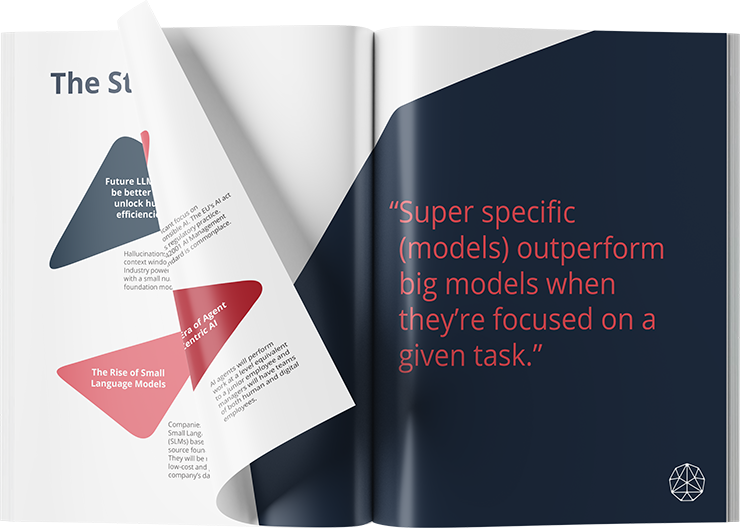Brief
- Hyper-Personalisation
- Prediction
- Conversation and Language
- Recognition
Downer Group is an integrated services company active in Australia and New Zealand. Listed on the Australian Securities Exchange and New Zealand Stock Exchange as Downer EDI, Downer is an ASX 200 company.
Challenge
System proliferation is a common problem in large enterprises and usually arises from seeking point solutions to provide a capability without evaluating the business process and strategy. Downer has an established operating model for its commercial function, but found itself with a multitude of disconnected systems that do not align and enforce its business processes.
Solution
“We initially discussed a voice based interface for field supervisors with Downer, based on our conversation and language pattern; its ended up being far more than that as Downer have embraced the potential of AI to improve many aspects of project delivery.”

Dave Timm
CEO of Red Marble
A single point of contact, designed from the ground up to align with their commercial operating model, was commissioned. This system would supplant existing manual processes (such as those run using Microsoft Excel) and enforce Downer’s standard processes while integrating with third party systems that are considered integral to project success.
Proven results in weeks, not years
Proven results in weeks, not years
Hold to view more details
Exec.
Briefing
2 Hours

Technology
Assessment
2-3 Days

Production
Trial
8-12 Weeks

AI Application
Deployment in Production
3-6 Months

Results
A simplified commercial experience was well received by the commercial team and provided much needed transparency to the project teams at large. Business processes prescribed using the operating model are codified in software, resulting in increased compliance and upskilling.

[the software] was built using a blazing fast and customizable interface and technical framework to ensure the product lifecycle far exceeds the technologies.



Technical Approach
We went back to basics by examining the business process documents and creating a set of requirements for the software to fulfil. In addition, we examined how automation could be leveraged to simplify processes where possible and the availability of APIs for external systems for seamless interoperability.
Usability is another area that we addressed – with many enterprise software having traditionally not focused on this area. We organised user workshops to understand how users prefer to interact with their software and modelled the interface based on popular consumer phone and web applications to provide a sense of familiarity. The machine learning models which underpin the system are largely hidden from the users.
All of the above was built using a blazing fast and customizable interface and technical framework to ensure the product lifecycle far exceeds the technologies that would otherwise underpin it.

